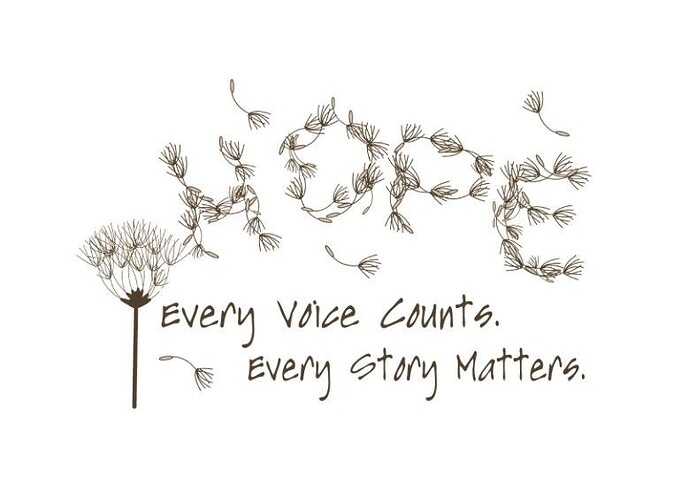Should the communities and sociocratic organizations favor the creation of content related to sociocracy or should they prevent the creation / publishing of “too much” content about sociocracy?
What are the best virtual spaces to foster sociocracy related content provided by the sociocracy content creators?
Should sociocratic communities and organizations avoid or reduce the production of sociocracy related content?
Should sociocratic communities and organizations collaborate with sociocratic content creators or should they “fire” them?
I invite my sociocracy fellows to find answers for themselves …
Here are several ways in which sociocracy content creators can contribute:
- Educational Content:
Content creators can develop content that explains the fundamental concepts, principles, and benefits of sociocracy. This can include articles, blog posts, videos, and infographics that make sociocracy more accessible to a broader audience.
- Case Studies and Success Stories:
Creating content that showcases real-world examples of organizations that have successfully implemented sociocracy can be highly persuasive. Case studies and success stories provide tangible evidence of sociocracy’s effectiveness and its positive impact on various types of organizations.
- How-to Guides and Tutorials:
Practical, step-by-step guides and tutorials can help individuals and organizations understand how to implement sociocratic practices. This could include guides on conducting consent-based decision-making, setting up circles, or running effective governance meetings.
- Training Materials:
Content creators can develop training materials, including presentations, slide decks, and training videos, that can be used in workshops and educational programs on sociocracy.
- Webinars and Podcasts:
Hosting webinars and podcasts featuring experts in sociocracy can provide in-depth insights, answer questions, and engage with the community in a more interactive way.
- Question and Answer Sessions:
Live Q&A sessions or AMAs (Ask Me Anything) on social media platforms or via live streaming can help address specific questions and concerns from those interested in sociocracy.
- Online Communities:
Content creators can facilitate or participate in online communities, forums, and social media groups dedicated to sociocracy. These platforms provide spaces for discussions, knowledge sharing, and networking.
- Visual Content:
Visual content like diagrams, charts, and graphics can help simplify complex sociocratic concepts and make them more visually appealing and memorable.
- Thought Leadership:
Content creators can establish themselves as thought leaders in the field of sociocracy by regularly producing high-quality, insightful, and thought-provoking content that advances the discourse and introduces new ideas.
- Advocacy and Outreach:
Content creators can use their platforms and networks to advocate for the adoption of sociocracy, spreading the word about its benefits and encouraging others to explore it.
- Feedback and Improvement:
Encouraging feedback and engagement from the sociocracy community can help content creators refine and improve their materials to better meet the needs of practitioners and learners.
I guess you could become a sociocracy content creator as well. Will you?
If you want to share your personal reflections on this topic, please feel free to do so in a comment below. Thank you.
Best wishes!
Resources:
-
Who Decides Who Decides? - How to start a group so everyone can have a voice!
-
Let’s decide together - The definitive guidebook for practicing decision-making with children
-
Meeting Evaluation Cards - This is the Meeting Evaluation Cards product by Sociocracy For All
